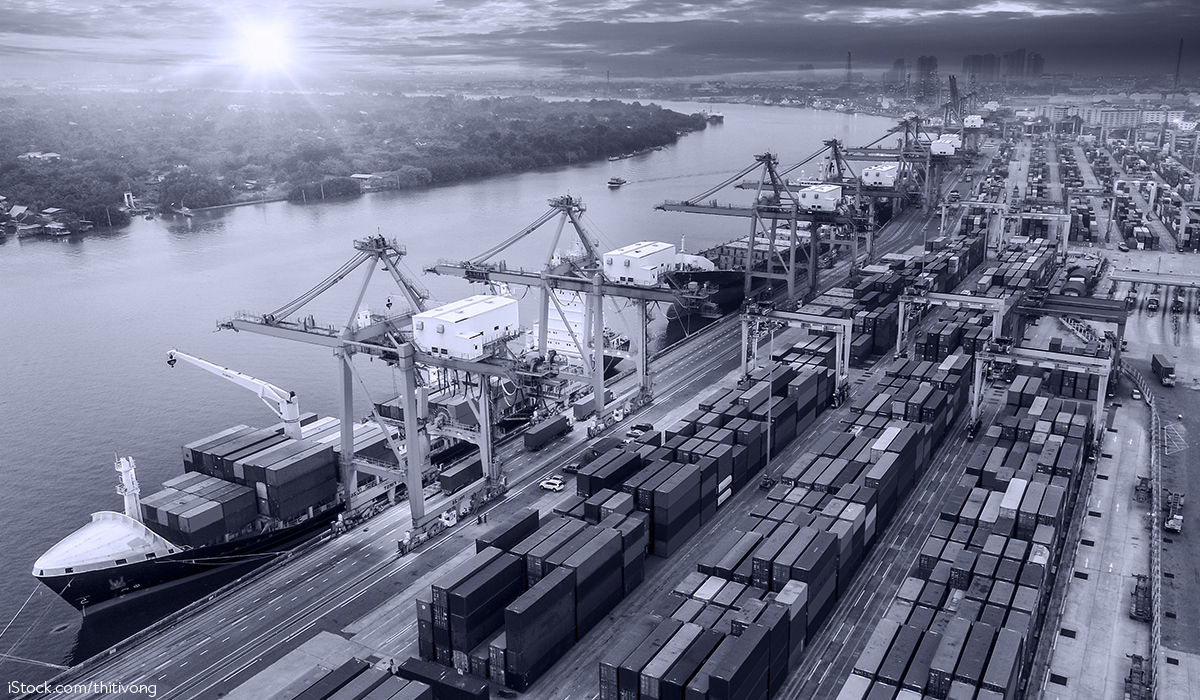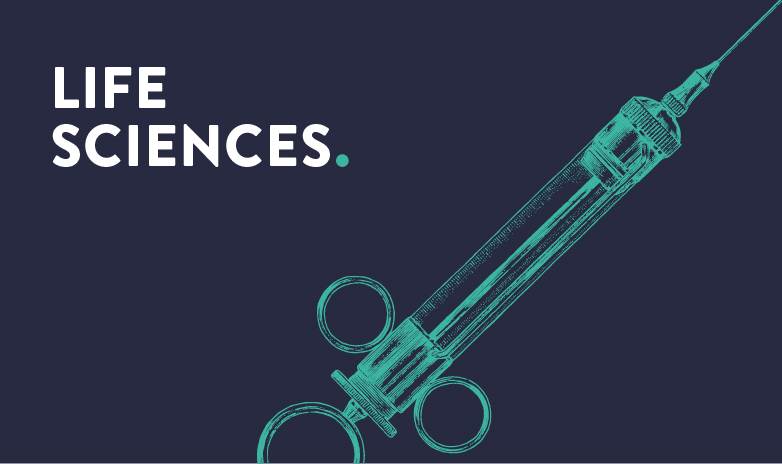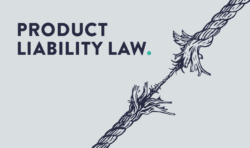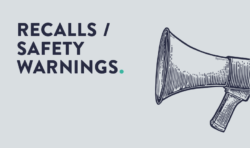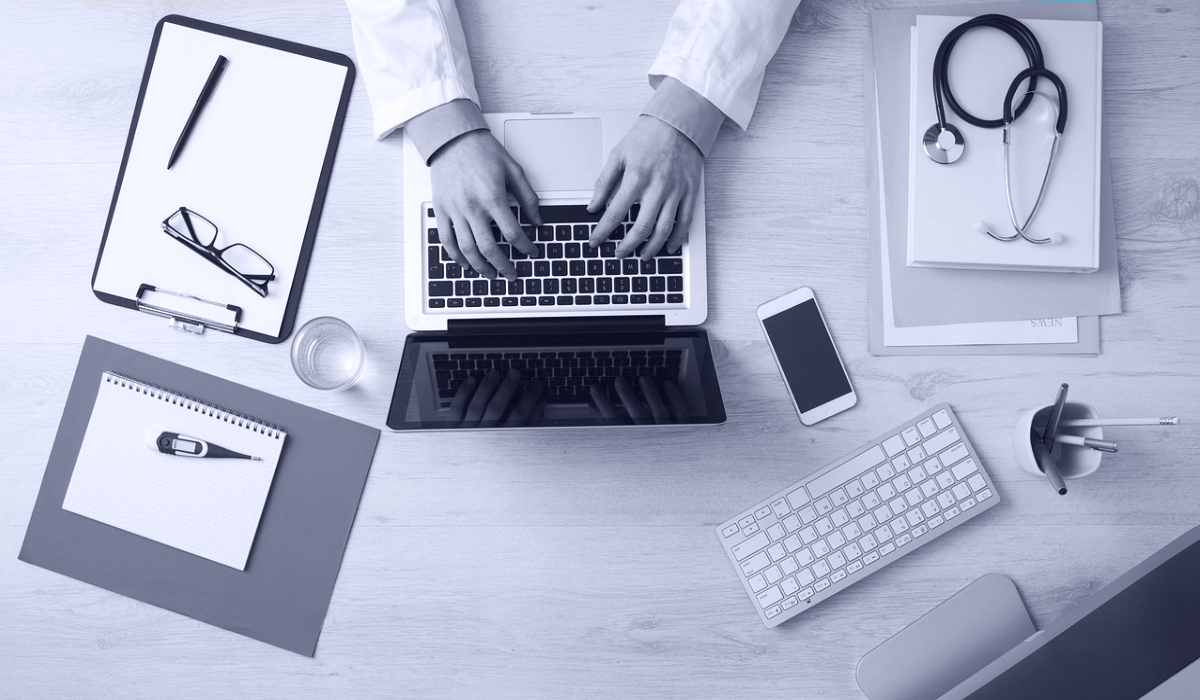As already reported in our blog post of 18.03.2020, the EU Commission has published a recommendation (Recommendation (EU) 2020/403) which accelerates the relevant conformity assessment procedures and calls on the market surveillance authorities of the member states to reduce certain testing requirements for a limited period of time. In the current corona crisis, this is intended to make urgently needed medical protective equipment available, especially for hospitals, which would otherwise not (yet) be marketable in the EU.
These facilitations have already been substantiated, particularly in Germany. According to a recommendation of the two competent federal governmental departments, respiratory masks and other protective equipment that are not actually marketable in the EU can be considered marketable in Germany if they are marketable in the USA, Canada, Japan or Australia. In the current situation, therefore, an identically high level of protection is assumed for these countries. If the equipment is marketable in other countries outside the EU, it can still be regarded as marketable; however, this then requires a case-by-case assessment by suitable bodies such as the notified bodies under PPE law.
Furthermore, it is precisely in this dynamic situation that manufacturers and importers must take account of specific legal risks: Despite the aforementioned easings, still there are significant civil liability risks. In particular, non-contractual diligence obligations under Section 823 (1) of the German Civil Code (BGB) should be mentioned here, according to which importers, for example, must fulfil their role as “hinges” between the foreign manufacturer and domestic customers. This may include in particular the (passive) product monitoring obligation. In addition, both quasi-manufacturers may be liable regardless of fault due to the use of their own name or brand, as well as importers in the event of a (safety-relevant) product defect under the German Product Liability Act (ProdHaftG). Appropriate insurance cover should therefore be taken care of. In addition, the (quasi-)manufacturer must also be able to answer questions from the responsible market surveillance authorities in the EU for his products, whereby he should also be aware of regulatory offences and criminal law.
These points in particular should be taken into account when drafting sales contracts with purchasers of protective equipment in specific cases. In the dynamic special situation of an only temporary relaxation of regulatory requirements, it should be avoided at all costs that customers can assert claims against the quasi-manufacturer or importer if the products cannot be used as planned.
Do you have questions about this news or do you want to discuss the news with the author? Please feel free to contact us: Dr. Florian Niermeier
